| Automakers, suppliers leap ahead into reducing CO2 |

Responsible citizens of the world have been talking for years now about reducing greenhouse gases and “decarbonizing.”
But this week, we tell you that the global auto industry has leaped into that discussion — it has declared a kind of war on carbon, flipping over every rock to find ways to get carbon out of the equation of automaking.
In a lineup of stories from around the world, we point out that automakers and their supply chains are now reconsidering everything that might help them cut their output of greenhouse gas.
Hans Greimel tells us about the complexity of the attack on carbon now underway in Japan. The industry there is understandably anxious about the potential loss of millions of jobs and the economic hit Japan might take if automakers there suddenly switched wholesale to electric vehicles. And so companies are thinking as broadly as possible of solutions. A big one? Getting Japan’s power plants off of coal.
Peter Sigal, from our sibling publication Automotive News Europe, writes that Europe is already well ahead in the effort, and automakers and parts suppliers there are fully engaged in putting CO2-lowering solutions onto the market.
John Irwin shows us how the work is falling heavily onto the shoulders of suppliers around the world. In fact, their customers are putting them on notice that carbon-cutting is their new marching order.
And Washington reporter Audrey LaForest points out what may be the most surprising part of any of this: that on the U.S. side, this enormous new campaign has come to life without a regulatory mandate. There are no new laws setting quotas or threatening penalties. Yet the U.S. industry is zealously pursuing changes to create greener factories and transportation practices, to incorporate recycled materials and redesign parts to reach ambitious corporate goals on carbon emissions.
It was only a few years ago that, in America, this issue of greenhouse gas was a political debate over whether any of this work was even necessary. Today, the industry has apparently decided to disregard all that chatter and move quickly ahead with its own plan of action.
 |
|---|
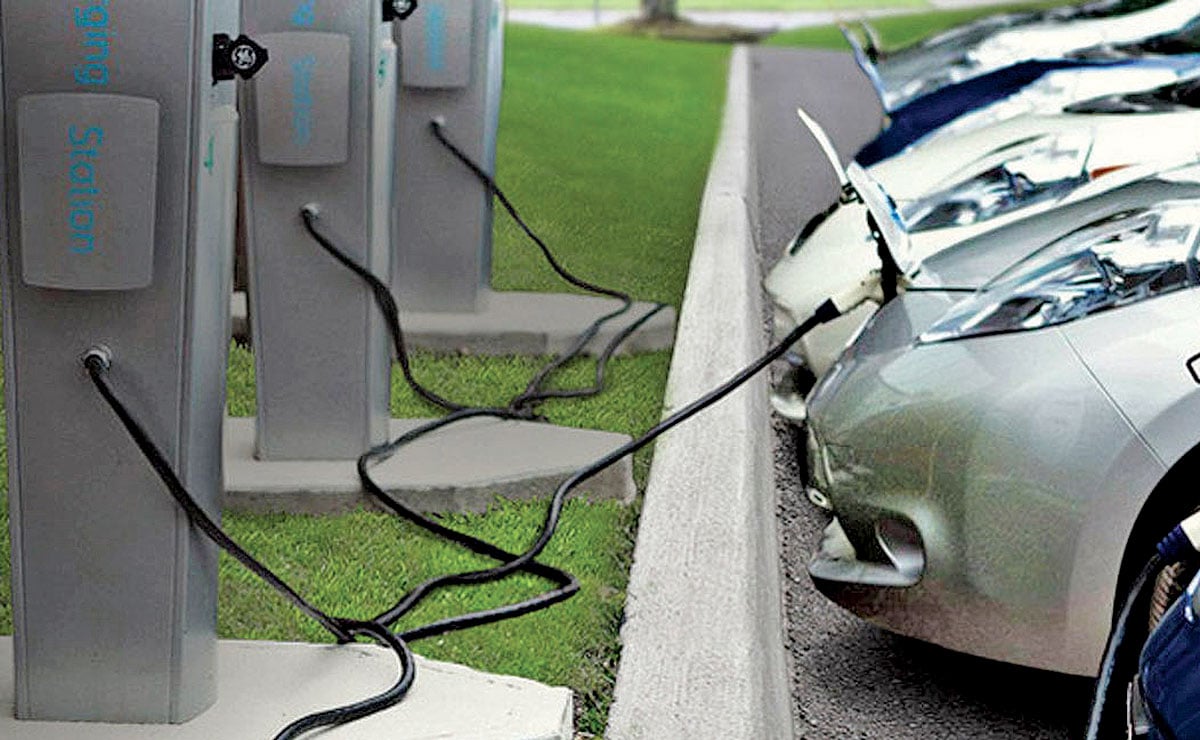
 |
|---|
In Monday’s Automotive News:
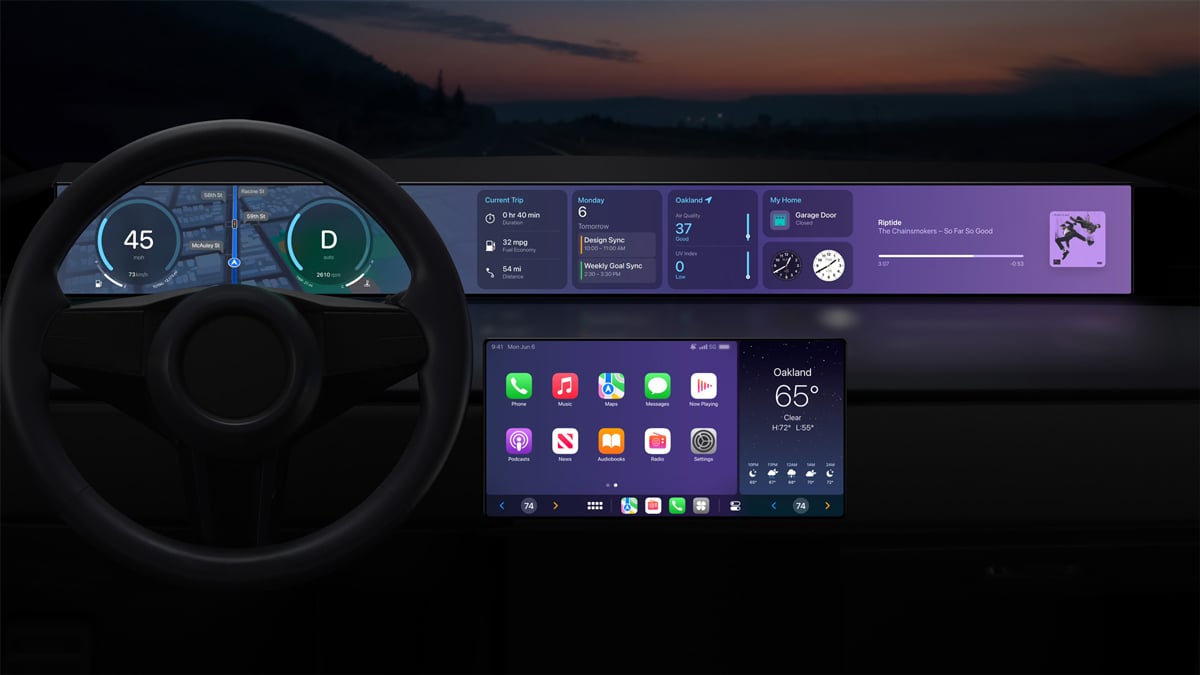 What do General Motors, Rivian Automotive and Tesla have in common? All three are are bypassing the extremely popular Apple CarPlay in future EVs, hoping to earn billions from new revenue streams. Most established automakers about a decade ago touted the benefits of smartphone mirroring through Apple CarPlay and Android Auto. Now many wonder if they were too quick to surrender an important part of the car to big tech. Tesla and Rivian Automotive, after all, developed their own advanced interfaces and claim hefty fees from subscriptions to software features sold to drivers directly through the infotainment center. Automotive News looks at GM’s decision to ditch Apple CarPlay in its new electric vehicles and whether the automaker can conquer the so-far-undefeated empire of user attention: Apple. Can GM deliver a seamless display and soothe consumers fatigued by a never-ending stream of subscription payments and logins?
What do General Motors, Rivian Automotive and Tesla have in common? All three are are bypassing the extremely popular Apple CarPlay in future EVs, hoping to earn billions from new revenue streams. Most established automakers about a decade ago touted the benefits of smartphone mirroring through Apple CarPlay and Android Auto. Now many wonder if they were too quick to surrender an important part of the car to big tech. Tesla and Rivian Automotive, after all, developed their own advanced interfaces and claim hefty fees from subscriptions to software features sold to drivers directly through the infotainment center. Automotive News looks at GM’s decision to ditch Apple CarPlay in its new electric vehicles and whether the automaker can conquer the so-far-undefeated empire of user attention: Apple. Can GM deliver a seamless display and soothe consumers fatigued by a never-ending stream of subscription payments and logins?
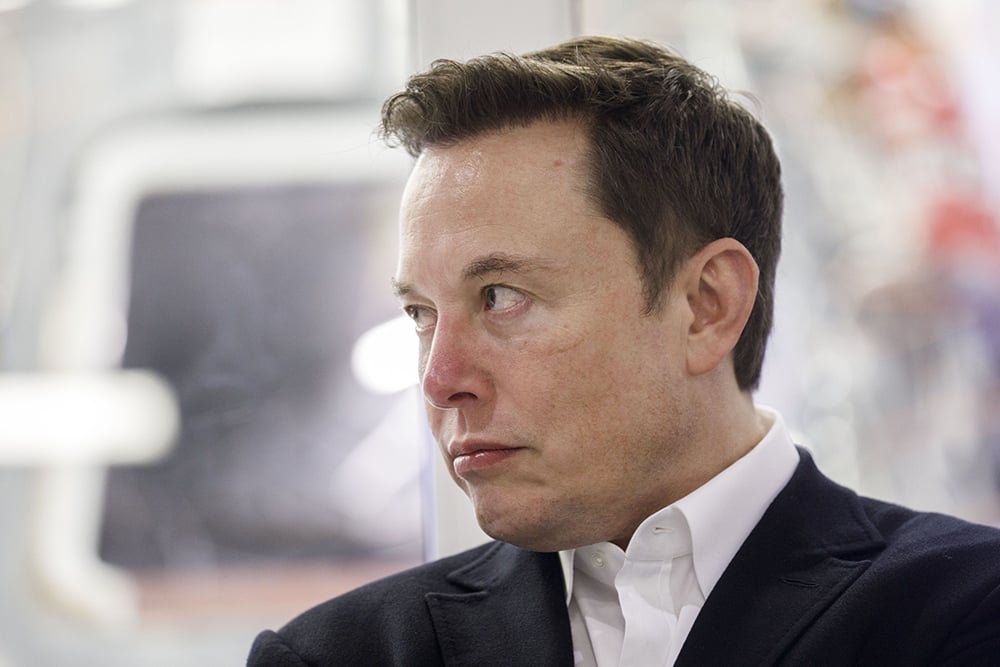 Elon Musk is willing to bet the Tesla farm on a driverless dream: Elon Musk has made a lot of predictions in the last few years about autonomous Teslas that — frankly — haven’t panned out. The company is years behind on its ambition to render its cars fully autonomous. That didn’t stop Musk from saying, in no uncertain terms on a conference call this month, that the company is positioned to sell cars at “zero profit” on the expectation it will earn immense sums later off driverless software. Tesla’s markdowns are threatening to set off a price war. Automotive News looks at how Tesla’s bold moves are influencing the EV sector.
Elon Musk is willing to bet the Tesla farm on a driverless dream: Elon Musk has made a lot of predictions in the last few years about autonomous Teslas that — frankly — haven’t panned out. The company is years behind on its ambition to render its cars fully autonomous. That didn’t stop Musk from saying, in no uncertain terms on a conference call this month, that the company is positioned to sell cars at “zero profit” on the expectation it will earn immense sums later off driverless software. Tesla’s markdowns are threatening to set off a price war. Automotive News looks at how Tesla’s bold moves are influencing the EV sector.
Weekend headlines
GM CEO Mary Barra’s 2022 pay worth $29M: Barra, who was the highest-paid Detroit 3 CEO for an eighth consecutive year, has now received total compensation of more than $200 million since assuming the top job in 2014.
Carvana’s creditors offer to swap debt for equity, defer payment: Creditors holding about 90 percent of Carvana’s bonds have been pitching the beleaguered used-car company on ways to pare down debt and improve liquidity, including a proposal for a debt-for-equity swap, according to people with knowledge of the situation.
 |
|---|
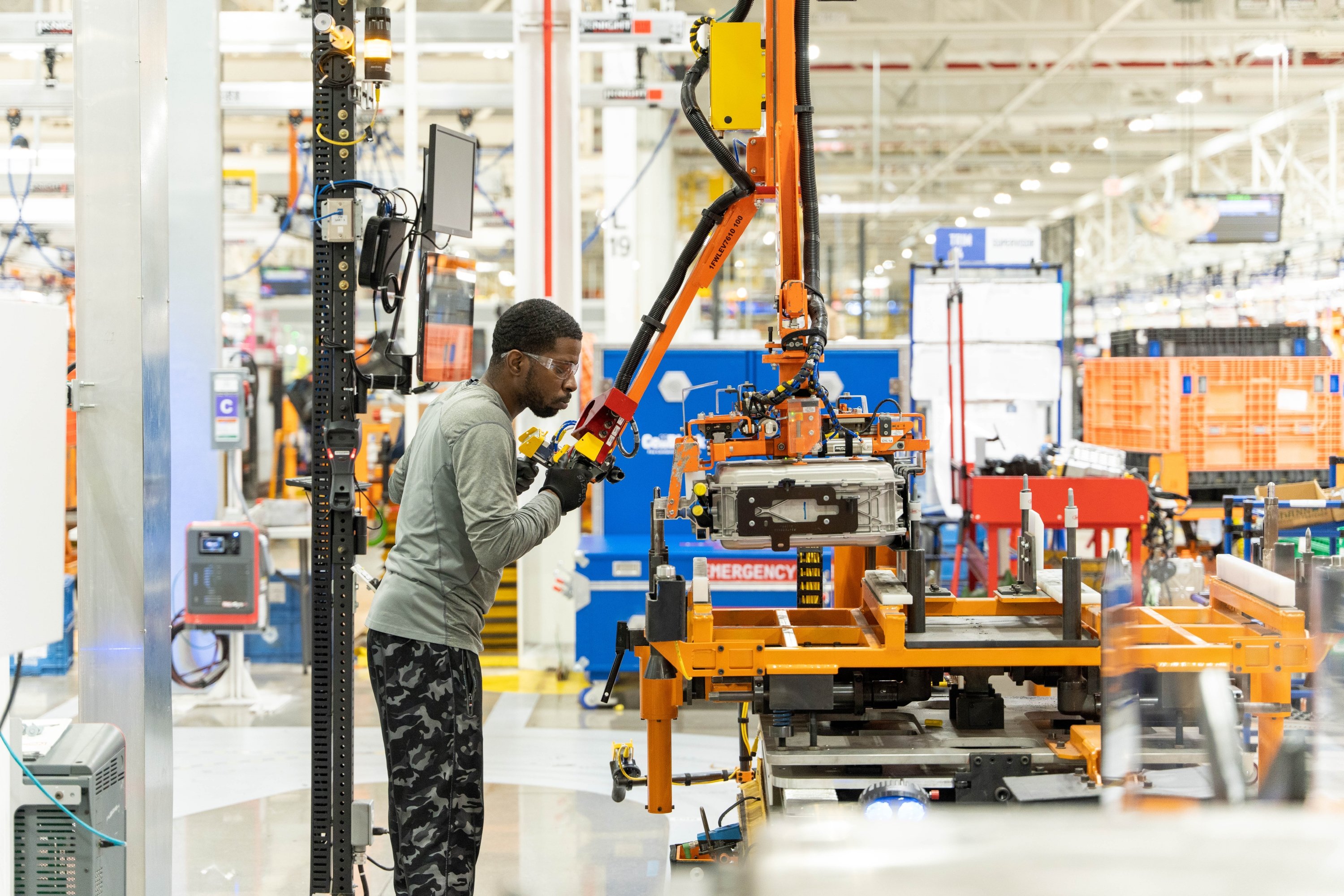 As Stellantis ramps up EV production, UAW local says thousands of job cuts are in the works: UAW President Shawn Fain says Stellantis’ decision to idle its Belvidere, Ill., Jeep Cherokee plant in February “fractured” the union’s relationship with the company. Now this news: A letter from UAW Local 1264 to its members says the company plans to cut 3,500 hourly jobs through buyouts and retirement incentives “corporate wide”.
As Stellantis ramps up EV production, UAW local says thousands of job cuts are in the works: UAW President Shawn Fain says Stellantis’ decision to idle its Belvidere, Ill., Jeep Cherokee plant in February “fractured” the union’s relationship with the company. Now this news: A letter from UAW Local 1264 to its members says the company plans to cut 3,500 hourly jobs through buyouts and retirement incentives “corporate wide”.
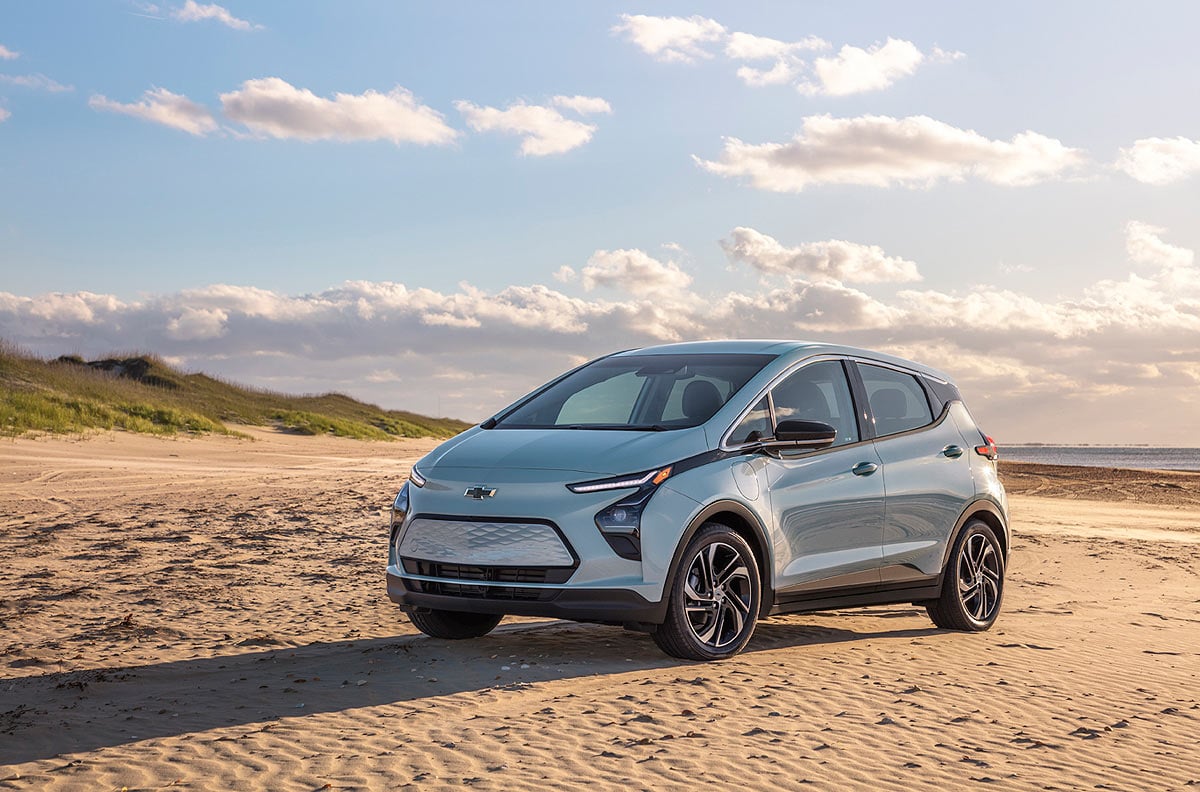 GM to stop making Chevy Bolt EV in late 2023: GM will discontinue the Chevrolet Bolt at the end of this year as it focuses on its new generation of electric vehicles. The automaker plans to build electric versions of the Chevy Silverado and GMC Sierra at the Bolt plant in Orion Township, Mich.
GM to stop making Chevy Bolt EV in late 2023: GM will discontinue the Chevrolet Bolt at the end of this year as it focuses on its new generation of electric vehicles. The automaker plans to build electric versions of the Chevy Silverado and GMC Sierra at the Bolt plant in Orion Township, Mich.
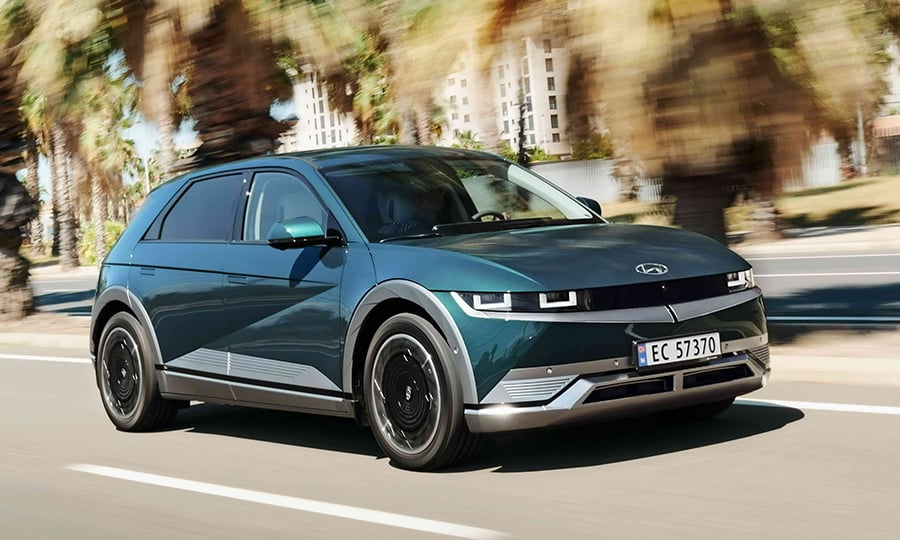
Hyundai readies U.S. battery plant as Q1 profit more than doubles: Hyundai Motor has finalized a $5 billion electric vehicle battery joint venture in the U.S., boosting electrification efforts in its largest market.
 |
|---|
 |
|---|
 |
|---|
May 4, 2015: Malcolm Gladwell, author of The Tipping Point and other bestsellers, weighed in on traffic safety in The New Yorker. His conclusion: An obsession with defects in vehicles undermines efforts to address far more significant causes of highway fatalities.
In “The Engineer’s Lament,” Gladwell wrote that “the variables that really matter have to do with the driver, not the car.”
He added: “The public approach to auto safety is preoccupied with what might go wrong mechanically with the vehicles we drive. But the chief factor is not what we drive; it is how we drive.”
Psychologist Richard Schmidt — described by Gladwell as “perhaps the world’s leading expert on pedal error” — told the writer that Toyota’s sudden-acceleration controversy in 2010 should have triggered a national discussion about safer driving.
Gladwell said NHTSA needs to focus more on drunken, distracted and reckless driving but the agency has a fraction of the manpower and resources of the Federal Aviation Administration.
